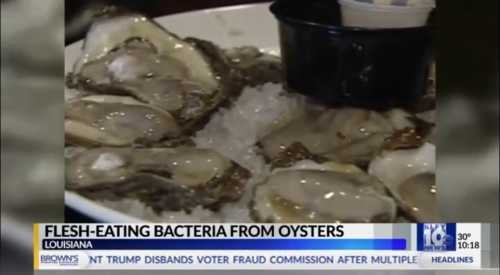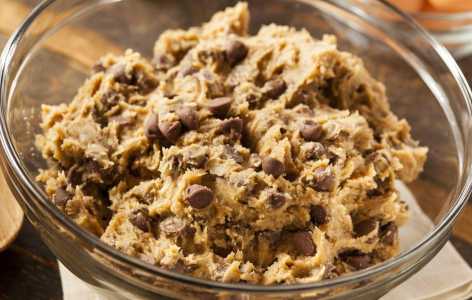Is Natural Smoke Flavor in Chips Healthy or Carcinogenic?
Natural smoke flavor is a common ingredient in many processed foods, especially chips, offering a smoky taste without the need for traditional smoking. While it does enhance flavor, there are growing concerns about its potential health effects, particularly its link to cancer. Despite being labeled as "natural," it might not be as healthy as it sounds. For example, Trader Joe’s Elote Corn Chip Dippers use natural smoke flavor to achieve their distinctive taste. Interestingly, they also contain dairy, which means they’re not vegan, something to keep in mind for those who avoid animal products. This article will explore what natural smoke flavor really is, its health implications, and how it’s regulated in the U.S. compared to other countries.
What is Natural Smoke Flavor?
Natural smoke flavor is produced by burning wood and capturing the smoke in water, which is then processed to remove harmful substances. The resulting liquid is used to impart a smoky flavor to various foods like chips, meats, and sauces.
Health Concerns: Carcinogenic Potential
A significant health concern associated with natural smoke flavor is the presence of polycyclic aromatic hydrocarbons (PAHs). PAHs, such as benzo[a]pyrene, are chemicals formed during the incomplete burning of organic matter and are known carcinogens.
Research Findings:
Studies, including those published in the Journal of Agricultural and Food Chemistry, have shown that natural smoke flavor can contain varying levels of PAHs depending on the type of wood and processing methods used.
The U.S. Environmental Protection Agency (EPA) and other health organizations have linked long-term exposure to PAHs to increased risks of cancers, including lung, skin, and bladder cancer.
Regulation in the United States
In the United States, natural smoke flavor is regulated by the Food and Drug Administration (FDA) under the Generally Recognized As Safe (GRAS) category. This means manufacturers must ensure that their products are safe and meet established safety standards, including keeping PAH levels within acceptable limits.
The FDA monitors the use of natural smoke flavor in foods, but it does not require individual pre-market approval for GRAS substances. Instead, it relies on manufacturers to conduct safety assessments and submit them for FDA review if concerns arise.
Comparison with Other Countries
European Union (EU): In the EU, natural smoke flavorings are subject to stricter regulations under Regulation (EC) No 2065/2003, requiring approval by the European Food Safety Authority (EFSA) before they can be used. The EFSA evaluates the safety of these flavorings, ensuring that PAH levels are within safe limits.
Canada: Health Canada regulates natural smoke flavor as a food additive, requiring compliance with safety standards similar to those in the U.S.
Australia and New Zealand: Food Standards Australia New Zealand (FSANZ) also regulates smoke flavorings, focusing on safety evaluations and permissible PAH levels.
Should You Be Concerned?
While natural smoke flavor is generally deemed safe for consumption in moderate amounts, its potential to contain PAHs should not be ignored. Occasional consumption is unlikely to pose significant health risks, but frequent intake could elevate cancer risk over time.
Conclusion
Natural smoke flavor is a convenient way to add a smoky taste to foods without traditional smoking. However, the potential presence of carcinogenic PAHs warrants caution. In the United States, the FDA monitors the safety of these flavorings, but as with all additives, moderation is key.
To reduce potential health risks, consumers should:
Limit the consumption of processed foods with heavy smoke flavoring.
Select products from reputable brands that adhere to safety standards.
Prioritize natural, whole foods to minimize exposure to artificial additives.
While regulatory bodies continue to monitor and evaluate the safety of natural smoke flavor, staying informed and making conscious dietary choices can help mitigate potential health concerns.
Considering how harmful smoking is to our health, it makes sense that anything involving smoke—even natural smoke flavor—might carry risks. Just as inhaling smoke can introduce harmful substances into our bodies, consuming foods with smoke-derived flavors could expose us to similar dangers. Perhaps it's wise to avoid products with ingredients containing smoke. Sticking to fresher, less processed options could be a healthier way to satisfy cravings without the added risk.



 Report a concern
Report a concern

 Add Comment
Add Comment


